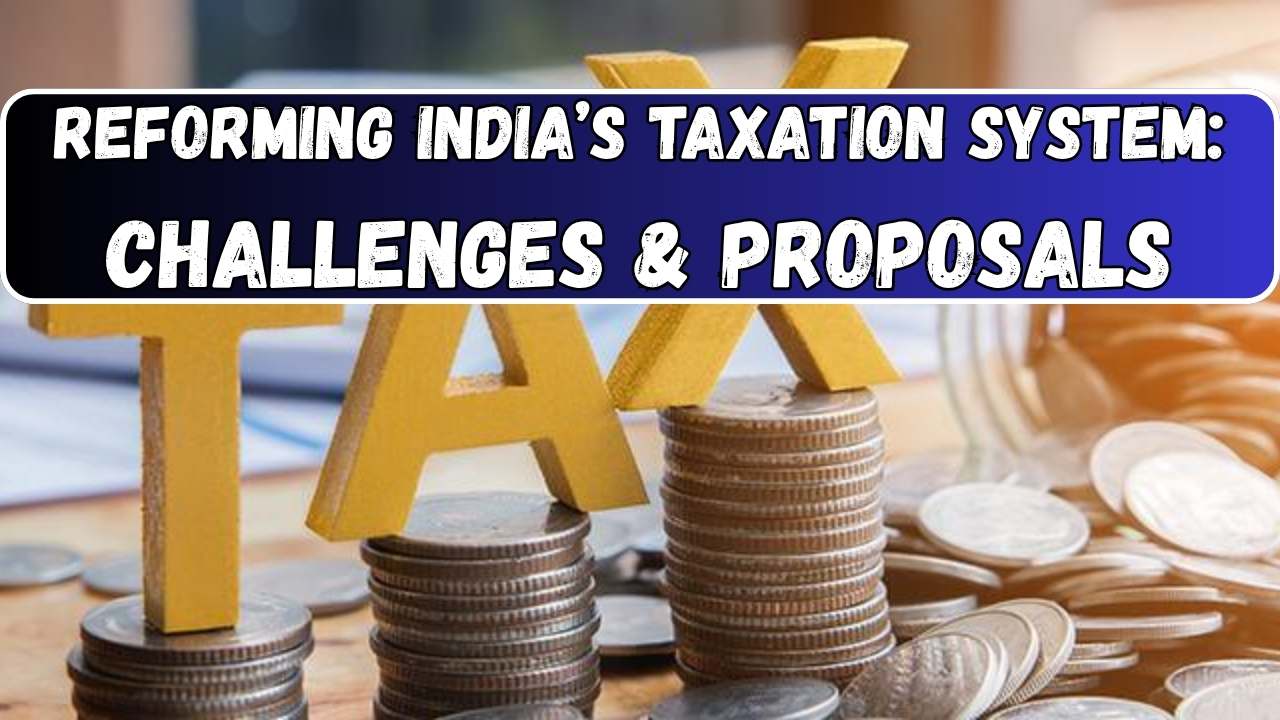Labour Laws shape how work happens in every country and these laws define the rights and duties of both employers and employees. These laws protect workers from exploitation, and ensure fair wages. These laws also promote safe working conditions. It means these laws help employers in managing their workforce so that industries can stay competitive and productive. In recent years, India has seen major changes in the nature of work. The rise of gig platforms, part time contracts, and remote work has changed how people earn and how companies hire. Older laws related to the workforce do not fully support these new employment patterns. But the Indian Government has reformed and simplified many of these laws to make them more relevant to today’s economy.
Labour Laws in India
Labor Laws in India cover areas such as wages, working hours, safety, health, leave, job termination and more. The main goal is to maintain a balance between workers and employers. Earlier in India, there were various central labour laws and state laws and this made compliance difficult. To simplify and modernise these laws, the Government has combined the major laws into four labour codes and these codes are Code on Wages, Industrial Relations Code, Occupational Safety, Health and Working Conditions Code and Social Security Code. These new reforms are designed to make it easier to do business in I while protecting the employees rights.

Indian Labour Laws & Codes – Key Highlights
| Post Title | Labor Laws in India |
| Country Name | India |
| Target Audience | Employers, Workers, Students, HR Professionals |
| Purpose | To Provide clear understanding of India’s Labour Laws |
| Benefits | Help workers to understand their rights, guides employers on compliance |
| Governing Authority | Ministry of Labour & Employment |
| Category of the Post | News |
| Official Web Portal | www.labour.gov.in |
List of Labor Laws In India
India has several labour laws that protect workers rights and these laws ensure fair treatment in workplaces. These laws cover different areas like wages, social security and others. Here is the simple list of labour laws divided by the category:
| Category | Laws |
| Industrial Relations | Trade Unions Act, 1926Industrial Employment Standing Order Act, 1946.Industrial Disputes Act, 1947 |
| Wages | Payment of Wages Act, 1936Minimum Wages Act, 1948Payment of Bonus Act, 1965. |
| Social Security | The Workmen’s Compensation Act, 1923The Employees State Insurance Act, 1948The Employees Provident Funds & Miscellaneous Provisions Act, 1952The Maternity Benefit Act, 1961The Employees Family Pension Scheme, 1971 |
To check out the full list, visit the official web portal i.e. www.labour.gov.in.
4 Labour Codes In India
Earlier, India had 29 labour laws under different categories. But now, these Central Government Labour laws are simplified into 4 main Labour Codes.
- Code on Wages: This code ensures that every worker gets fair pay. It combines the four older laws. All workers are entitled to a minimum wage, timely payment and equal pay for men and women that are performing the same work.
- Industrial Relations Code: This code is about how employers and employees work together. It brings the older laws related to trade unions, strikes, layoffs and disputes. This code explains the steps and procedure that employers must follow before layoffs or shutting down a business. This code provides clear rules for workers and unions to resolve conflicts effectively. This code helps in keeping workplaces peaceful while allowing companies to operate smoothly.
- Occupational Safety, Health & Working Conditions Code: This code focuses on safe and healthy workplace. It merges many older laws that dealt with safety, rest and welfare of workers. Now, employers must provide clean and safe work areas, protective equipment, proper rest breaks and welfare facilities. This code applies to all workplaces including factories, mines and construction sites.
- Code on Social Security: This code ensures social protection for all workers. It merges older laws about provident fund, insurance, maternity benefits and pensions. This now also includes gig workers, platform workers and informal workers. Employers must make sure that the workers get social security benefits such as retirement savings, insurance, maternity leave and unemployment support.
FAQs Related To Indian Labour Laws
What are Labour Laws in India?
Labour laws in India are government made rules that protect workers rights and these laws ensure fair treatment and regulate employment relationships between employers and employees.
Why did India introduce new Labour Codes?
India introduces new Labour Codes to simplify old laws, lower confusion and create a modern system that supports both business flexibility and worker protection.
Do gig and platform workers get protection under Indian Labour Laws?
Yes, the Social Security Code, 2020 includes gig and platform workers under schemes for pension, provident fund and insurance.
Where can users check the full info on Labour Laws of India?
Users can check the full info on the Labour Laws of India via the Ministry of Labour web portal i.e. www.labour.gov.in.








